Why Portland’s Food World Loves David Lynch
There’s a tavern in St. Louis, Missouri, called Kubrick’s that’s got carpet from The Shining on the first floor and the milk bar from A Clockwork Orange on the second. In Ocean City, Mississippi, you can sip a Royale with Rum on a red vinyl couch at the Quentin Tarantino tribute Red Apple Lounge. And in Portland, Oregon? This is David Lynch country. Red Rooms, Black Lodges, and Blue Velvets abound on local cocktail menus, and the city has not one but two Lynch-themed bars: Bar Hollywood, attached to the legendary Hollywood Theater, and Hawthorne Hideaway, a divey Buckman-area watering hole. It’s a bit surprising, considering that Lynch wasn’t born in Portland, never lived here, and didn’t set any of his films or shows in the city that holds such a torch for him.
“I think his life was a performance,” says Matthew Ellis, a film and media studies instructor at Portland State University, “playing the innocent ‘I just love coffee and pie’ guy and then shooting something incredibly violent.” Lynch, who died in January of this year at the age of 78, was an iconoclastic writer, director, and producer, known in the film world for psychosexual neo-noirs like Blue Velvet and Mulholland Drive as well as harder to define films like Eraserhead and the 1980s Dune adaptation where Sting wears a metal codpiece. Much of his work also contained dreamlike odes to the cuisine of 20th century Americana: coffee and doughnuts, pie and Pabst Blue Ribbon. He was a devotee of specialty coffee and the Bob’s Big Boy burger chain, the latter of which was made into a shrine to his work in the weeks after his passing. It’s an unusual combination of obsessions, but Ellis says that’s sort of the point: “It’s the constant balance between the two: Hell lingering underneath idyllic suburbia.”
The strongest connection between Lynch and the Northwest is undoubtedly Twin Peaks, a unique combination of lurid small-town crime and supernatural mysticism set in Washington state that ran for two seasons on ABC starting in 1990 and was followed by a prequel movie, Fire Walk With Me in ’92 and a long-awaited follow-up series on Showtime in 2017. Calling Twin Peaks a cult classic undersells the almost metaphysical connection some fans feel to it.
The Hawthorne Hideaway has been a deliberately low-key watering hole on lower Hawthorne since it opened in 2006, but when new owners and Alana Boldrini and Otis Richerson got the keys in 2024 they discovered it’d need a pretty significant makeover. “While we were in the midst of cleaning and renovation, I literally had a dream,” says Boldrini, walking through the narrow galley-style bar that connects the two main areas. “We should make the back room Black Lodge-themed, and then maybe the rest of the restaurant can follow.” The Black Lodge, for the uninitiated, is a surreal red-and-black limbo space featured on the show where people speak backwards and strange truths are revealed. By contrast, when I talk to Boldrini about this, we’re sitting in the bar on a sunny Wednesday afternoon as the day-drinkers slowly make way for the evening crowd. A framed oil painting of Special Agent Dale Cooper looks benevolently over us, one of many Twin Peaks-inspired artworks that adorn the bar’s walls, its menu, and even its bathroom.
Boldrini says she finds comfort in that collision between light and dark: “Even though the show deals with extremely dark matters, there’s this level of quirkiness that kind of makes it all light-hearted. [In] Twin Peaks everybody knows each other, and even though they might have their opinions, they always kind of look out for each other.” It’s been a comfort watch since she discovered the show on Netflix at 18, and there’s usually an episode playing on one of the bar TVs. “I’m always Audrey for Halloween,” she says, and in the artificial twilight of a well-loved dive bar it’s hard to deny a resemblance to the winsome and mysterious Audrey Horne.
Two miles northeast of the Hideaway, the Hollywood Theater opened a Lynch-themed bar of its own in June. Bar Hollywood occupies one of the attached storefronts built into the first level of the historic 1926 movie palace. When former tenant Vivienne’s Cookbooks moved across town in 2023, the nonprofit decided to transform the space into a lounge for grabbing a beer before a showtime and hosting events.
Bar Hollywood is almost European in its compactness, with a short bar and a small side room with a couple of film reel cafe tables and some window seating. But the high red walls are adorned with enormous Blue Velvet and Fire Walk With Me movie posters, and there’s a small nook draped in blue velvet for photo ops. Executive director Doug Whyte says the Lynch motif wasn’t intended to be a posthumous tribute: The theater regularly hosts sold-out Lynch retrospectives, and plans to honor the director had been in the works before his passing.
And then there’s Portland bars that just have a general film-school vibe, where you’re more likely to find a cocktail named after a Lynch film than more commercially successful contemporaries like Steven Spielberg or George Lucas. Cult Classics, which opened this year in Buckman, gives a long row of Lynch VHS tapes pride of place along it’s video store-themed back bar, and features a Wild At Heart mezcal cocktail on its menu alongside other rental favorites like Monster Squad and Hard Ticket to Hawaii. Blank Slate on SE Glisan is a more modern multimedia cocktail lounge that themes its menus around pop culture icons like Star Trek and Ghost in the Shell. Its take on the Red Room features Sazerac, rye, and two types of crimson amaro. Bartender Brendan Grubb says it came together naturally: “Twin Peaks was on my mind when I made it, and it’s a gorgeous red color so I thought, ‘Why the hell not?’”
While it’s true that Lynch didn’t have geographic ties to the region specifically, there’s a fair bit of thematic overlap. Portland has always been a city that embraces the strange and dreamlike alongside the practical pleasures of a cheap beer and a strong cup of coffee. It’s more complicated than simply wistful nostalgia, or, as Ellis puts it, “the dangerous illusion that you can go back into the past.” For him, the Lynch films are spaces where the past and present interact, and bars like these represent “our portal to this other space.” Would you want to live in one of Lynch’s movies? Probably not. But that’s not to say you wouldn’t grab a drink in one.
Share this content:
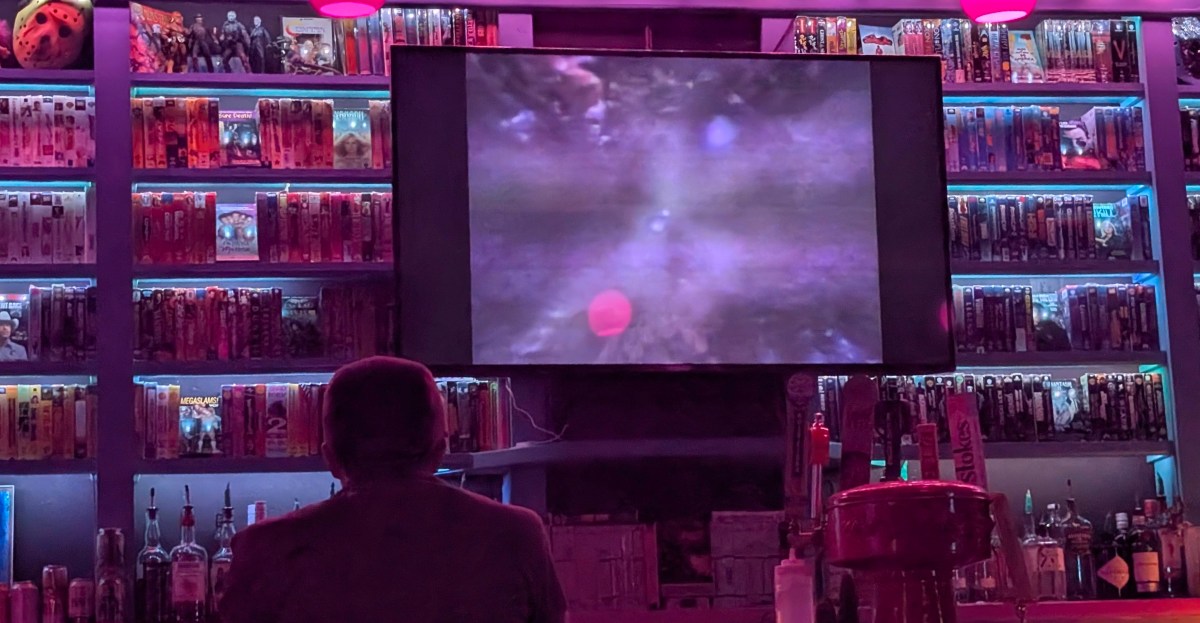



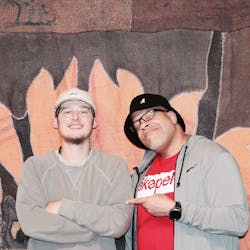
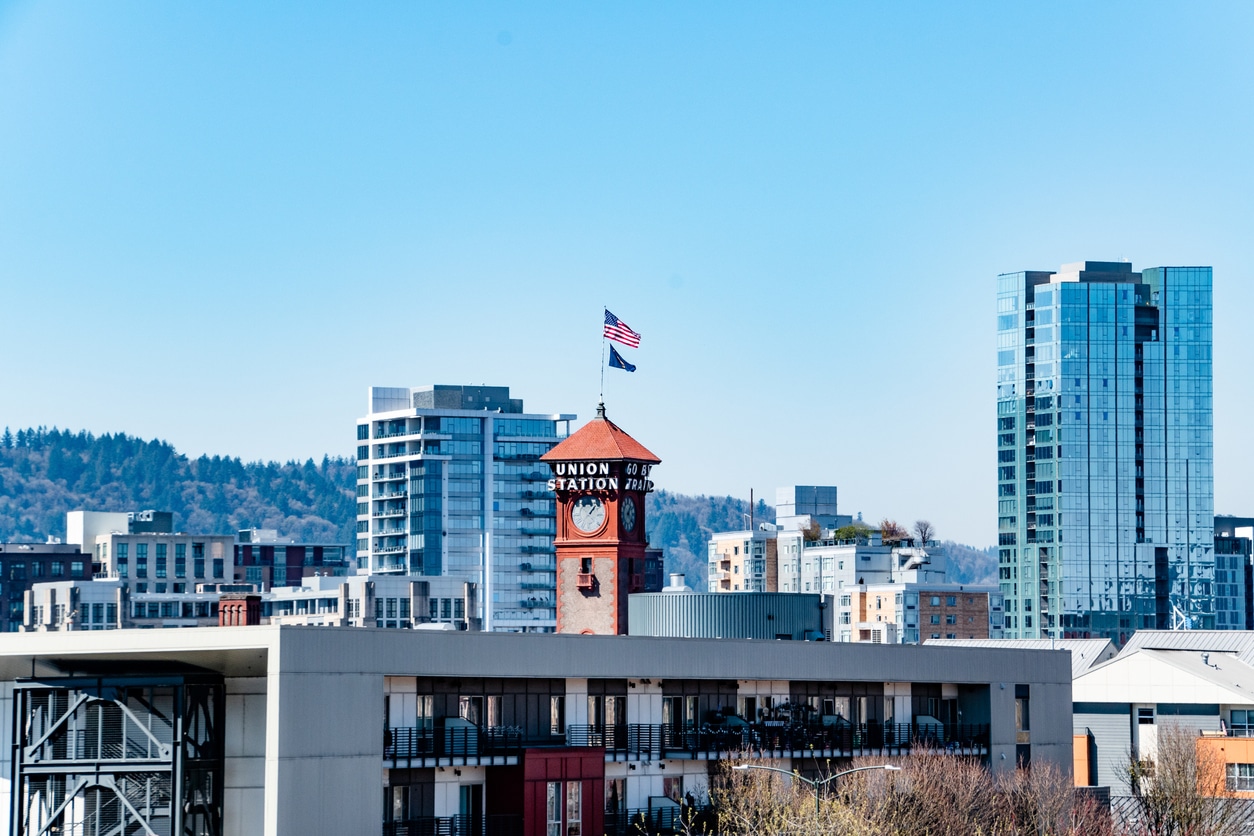
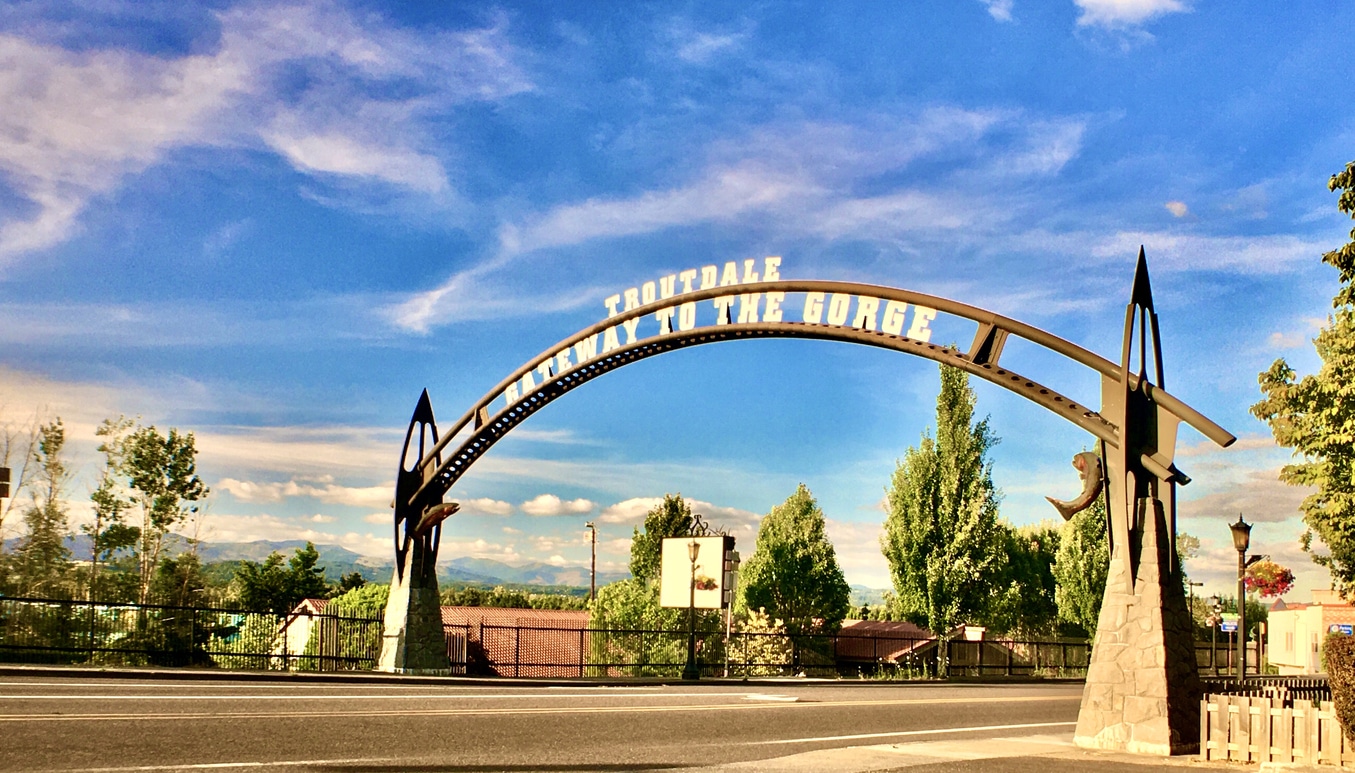
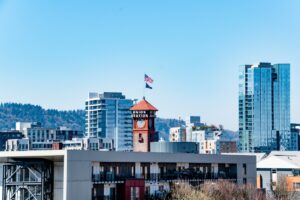
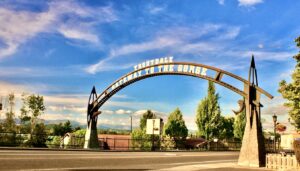

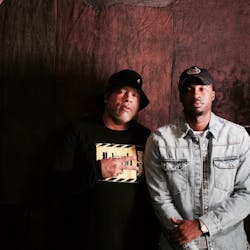

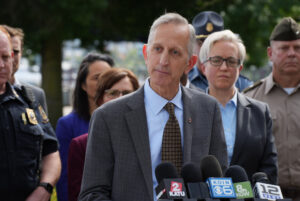
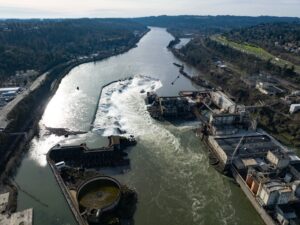
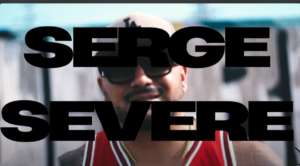
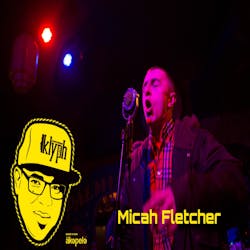
Post Comment